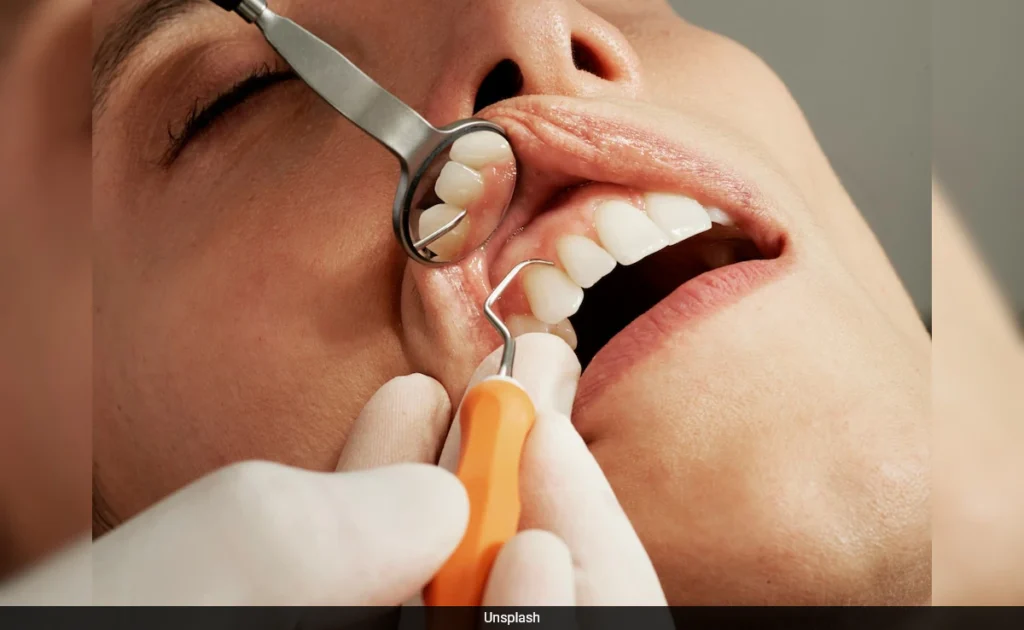In a remarkable convergence of biotechnology and environmental science, researchers are now using human urine as a raw material to produce dental implants — a move hailed by environmentalists and medical scientists alike for its potential to reduce waste and promote sustainability in the healthcare sector.
The unconventional breakthrough stems from a growing need to reduce reliance on titanium and other resource-intensive materials commonly used in dental prosthetics. By extracting essential compounds from urine — such as calcium and phosphorus — scientists have found a way to replicate the mineral composition of human teeth and bones. These components are then engineered into biocompatible implants suitable for dental restoration.
This approach not only diverts biological waste from traditional treatment systems but also addresses two pressing concerns: environmental degradation and water conservation. Conventional production of dental implants requires substantial energy and resource use. In contrast, the urine-based method drastically lowers the carbon and water footprint.
“Urine is typically discarded as waste, but it’s rich in nutrients that can be repurposed,” said one of the lead researchers involved in the project. “We’re essentially turning an everyday waste product into something life-enhancing.”
The process also aligns with global initiatives to promote circular economies and green health practices. Pilot programs are already underway in Asia and Europe, where laboratories are collaborating with hospitals to develop and test these implants in clinical settings.
While the idea may seem unusual, experts believe it marks a critical step in the evolution of bioengineering and sustainable medicine. As the global population ages and demand for dental procedures rises, eco-friendly solutions like this may become standard in the not-so-distant future.


